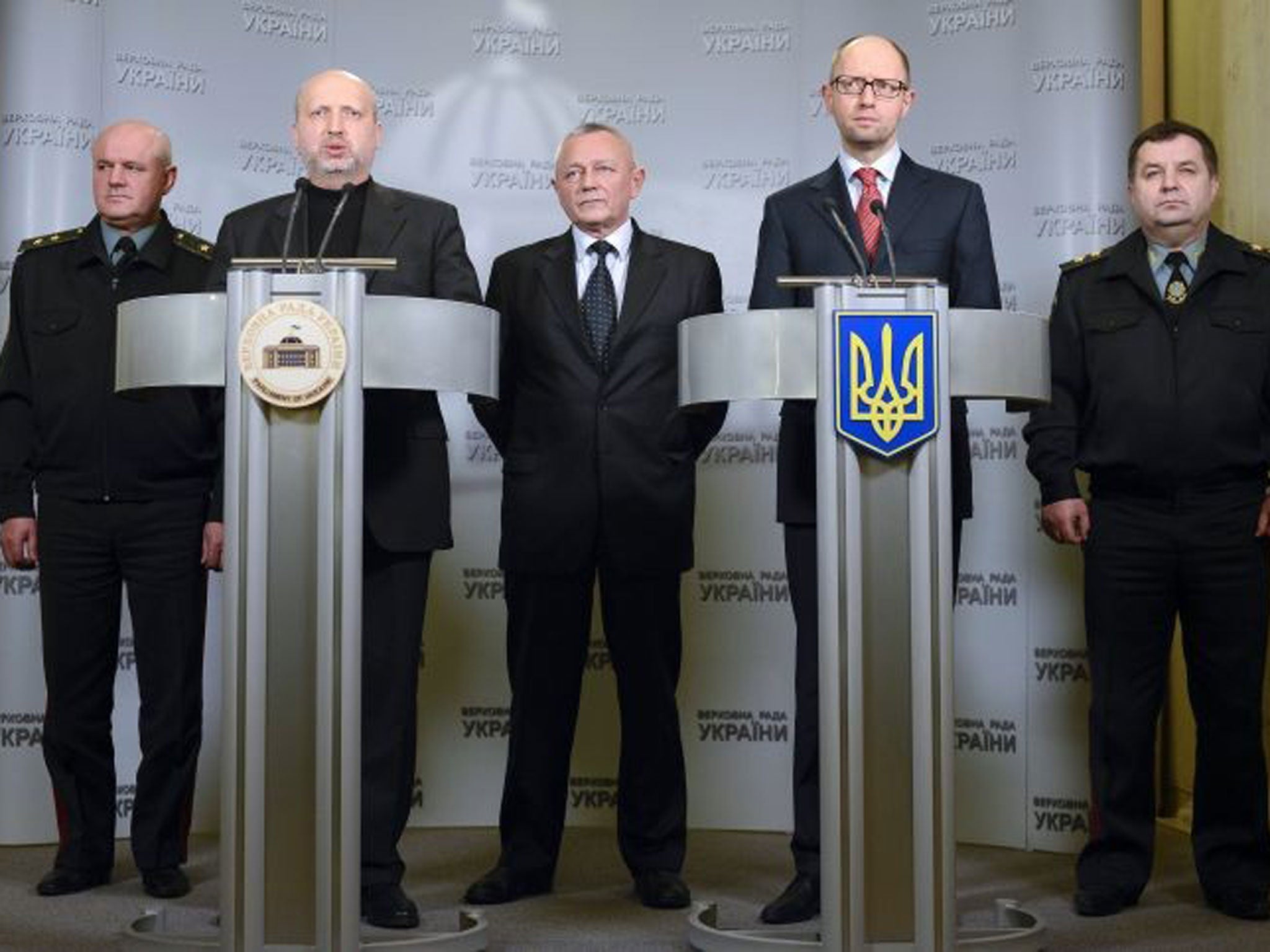Ukraine crisis: Election monitors will be under extreme pressure

National elections in Ukraine are scheduled for 25 May.
If these go ahead – and in the changing situation in Ukraine nothing is certain – they will be bitterly fought and there will be a significant risk of outside interference.
All this applies in spades to Crimea, where a referendum is due around 30 March – brought forward yesterday from 25 May – to determine the status of the peninsula. Yesterday Russia’s lower house of parliament, the Duma, said it had agreed that legitimate, democratic elections in Ukraine were “now impossible”.
The organisation for monitoring the quality of elections in Europe is the Organisation for Security and Cooperation in Europe (OSCE) – both Russia and Ukraine are members; the institution that deals with elections, human rights and democratisation is the Office for Democratic Institutions and Human Rights (ODIHR), which is part of it.
Previous Ukrainian elections have suffered various degrees of malpractice. The external observers’ report on the 2012 elections noted that they “were marked by the abuse of state resources, lack of transparency of campaign and party financing, and the lack of balanced media coverage”. So what can the international community do to minimise the risk of fraud in what are likely to be crucial elections?
Efforts to monitor elections in the early 1990s were sometimes haphazard and not always completely effective. But the ODIHR now has a pool of skilled monitors who are sent regularly to observe proceedings in OSCE member states.
It has become steadily harder to pull the wool over their eyes. In some early elections in the former USSR, monitors were excluded from the vote count and many believe that ballot boxes were stuffed at this stage – but monitors now expect to be able to watch the entire process.
Given the passions that the elections in Ukraine are sure to provoke, the ODIHR will have its work cut out to scrutinise them effectively. Monitors will need to judge whether there is intimidation or other procedural irregularity on election day itself, and whether there are irregularities at the count.
John Everard is a former elections monitor and former British ambassador to Belarus
Join our commenting forum
Join thought-provoking conversations, follow other Independent readers and see their replies
Comments
Bookmark popover
Removed from bookmarks